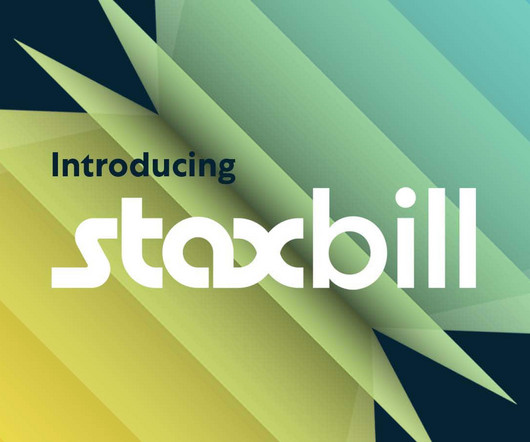Empowering Your Business with Stax Bill: A Comprehensive Guide to Billing Platforms
Stax
JANUARY 29, 2024
In this article, we’ll explore the significance of billing platforms in contemporary business, delve into the features that set Stax Bill apart, and guide you through the process of selecting the right billing solution for your unique needs. said Suneera Madhani, founder and CEO of Stax. “The
















Let's personalize your content